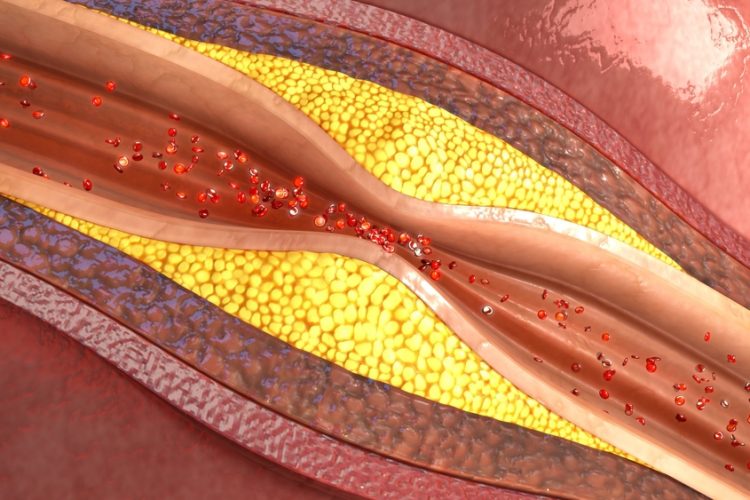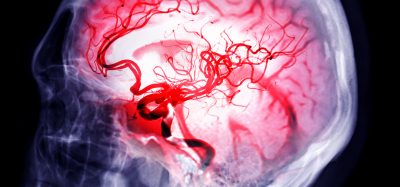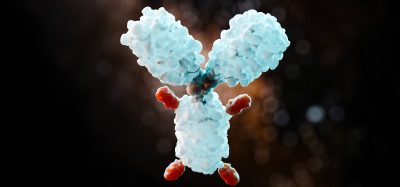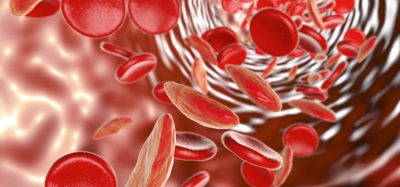Targeting BAFF reduces the development of atherosclerosis
Posted: 18 June 2018 | Drug Target Review | No comments yet
The researchers identified that BAFF to have anti-inflammatory properties, which has a positive effect on plaque size and atherosclerosis…


Atherosclerosis, the pathological narrowing of blood vessels, is the underlying cause for the majority of strokes and heart attacks, the major causes of mortality worldwide according to the WHO. For the development of atherosclerosis, a special type of white blood cells called B2 lymphocytes have been suggested to play a crucial role. For their survival, they need the molecule BAFF. It has been shown, that deletion or blockade of the BAFF receptors at the surface of B2 lymphocytes reduces the development of atherosclerosis in mice. Hence, a similar effect was expected when BAFF is directly targeted.
With highly specific antibodies, BAFF can be bound and neutralised. Those antibodies were tested for their effects on the development of atherosclerosis in mice by scientists from CeMM Research Center for Molecular Medicine of the Austrian Academy of Sciences and the Medical University of Vienna in collaboration with the University of Cambridge. The results were surprising: instead of reducing atherosclerotic lesion formation in the arteries of the tested mice, the antibody treatment leads to an increased plaque size.
“We were able to show that B2 lymphocytes were efficiently depleted upon anti-BAFF antibody treatment”, senior author of the study Christoph Binder, CeMM Principal Investigator and Professor for Atherosclerosis Research at the Medical University of Vienna, describes the results of the study. “Surprisingly, the plaque size increased, indicating a hitherto unknown role of the BAFF molecule in atherosclerosis. However, in further experiments, we were able to explain these findings.”
Biomarkers aren’t just supporting drug discovery – they’re driving it
FREE market report
From smarter trials to faster insights, this report unpacks the science, strategy and real-world impact behind the next generation of precision therapies.
What you’ll unlock:
- How biomarkers are guiding dose selection and early efficacy decisions in complex trials
- Why multi-omics, liquid biopsy and digital tools are redefining the discovery process
- What makes lab data regulatory-ready and why alignment matters from day one
Explore how biomarkers are shaping early drug development
Access the full report – it’s free!
The researchers found BAFF to have anti-inflammatory properties, which has a positive effect on plaque size and atherosclerosis risk. The newly discovered mechanism is triggered by an alternative BAFF receptor (TACI) on the surface of macrophages, another type of immune cells. It was shown that these cells induce an anti-inflammatory process. This finding may provide important implications for atherosclerosis research and prevention: For example, mutations in the gene for TACI may confer an increased cardiovascular risk.
The findings were published in the journal Circulation.
Related topics
Antibodies, Disease Research, Immunology, Monoclonal Antibody
Related conditions
Atherosclerosis
Related organisations
CeMM Research Center for Molecular Medicine, University of Cambridge, University of Vienna
Related people
Christoph Binder








